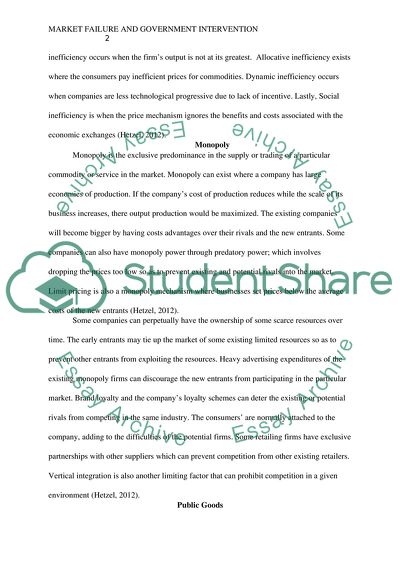Cite this document
(Market Failure and Government Intervention Coursework - 2, n.d.)
Market Failure and Government Intervention Coursework - 2. https://studentshare.org/macro-microeconomics/1864118-what-is-meant-by-market-failure-and-how-can-government-attempt-to-correct-it
Market Failure and Government Intervention Coursework - 2. https://studentshare.org/macro-microeconomics/1864118-what-is-meant-by-market-failure-and-how-can-government-attempt-to-correct-it
(Market Failure and Government Intervention Coursework - 2)
Market Failure and Government Intervention Coursework - 2. https://studentshare.org/macro-microeconomics/1864118-what-is-meant-by-market-failure-and-how-can-government-attempt-to-correct-it.
Market Failure and Government Intervention Coursework - 2. https://studentshare.org/macro-microeconomics/1864118-what-is-meant-by-market-failure-and-how-can-government-attempt-to-correct-it.
“Market Failure and Government Intervention Coursework - 2”. https://studentshare.org/macro-microeconomics/1864118-what-is-meant-by-market-failure-and-how-can-government-attempt-to-correct-it.


